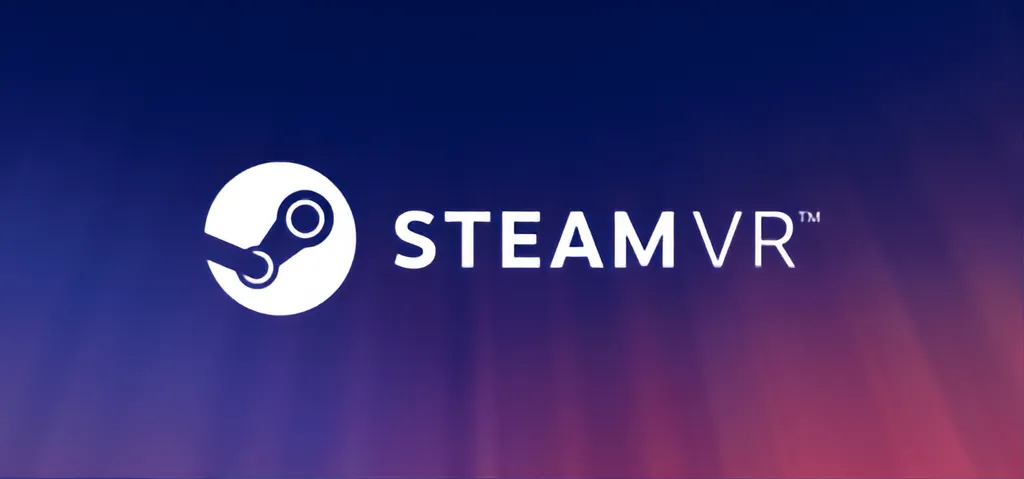Before Index, Valve’s ‘Vader’ VR headset aimed for extremely high resolution in a compact design.
The information is revealed in ‘Half-Life: Alyx – Final Hours’, an interactive storybook written by Geoff Keighley, who was given unprecedented access to Valve offices and staff. The book is available on Steam for $10.
Throughout 2013 and in early 2014, Valve was working with then-startup Oculus on virtual reality. The two companies shared research, ideas, and resources, with Valve indicating it expected Oculus to provide the hardware while Steam would continue to be the digital marketplace.
This ended around the time Facebook acquired Oculus in March 2014. Shortly after, Valve partnered with Taiwanese hardware company HTC. HTC made its name as the first major Android phone producer, and had a reputation for rapidly moving from prototype to shipping.
In March 2015 the HTC Vive was announced, and in April 2016 it shipped as the first consumer room scale virtual reality system.
According to Keighley’s new book, Valve CEO Gabe Newell wanted the company to “move beyond HTC”- to produce a first party headset tightly integrated with first party VR games- similar to Nintendo’s model. This began the ‘Vader’ project.
“We weren’t going to be held back by third party and business realities, so we went a little crazy with our design for Vader. HTC helped us figure out what could be productized, but without that tension, we sort of maxed out everything on Vader” – Valve Programmer Pierre-Loup Griffais
Valve engineer Jeremy Selan is quoted saying the design had fundamental mechanical and technical architecture problems. According to Keighley’s sources, if the headset “had somehow been manufacturable”, it would have cost “upwards of $5,000”.
Vader reportedly took 12 months of the VR hardware team’s work, and was then canceled. While this delayed a Valve headset shipping to the world, some important features of Vader were incorporated in the successor project ‘Frank’; Knuckles controllers, Lighthouse 2.0 base stations, and the off-ear audio design.
In June 2019, ‘Frank’ shipped as Valve Index, priced at $1,000 for the full kit.






























